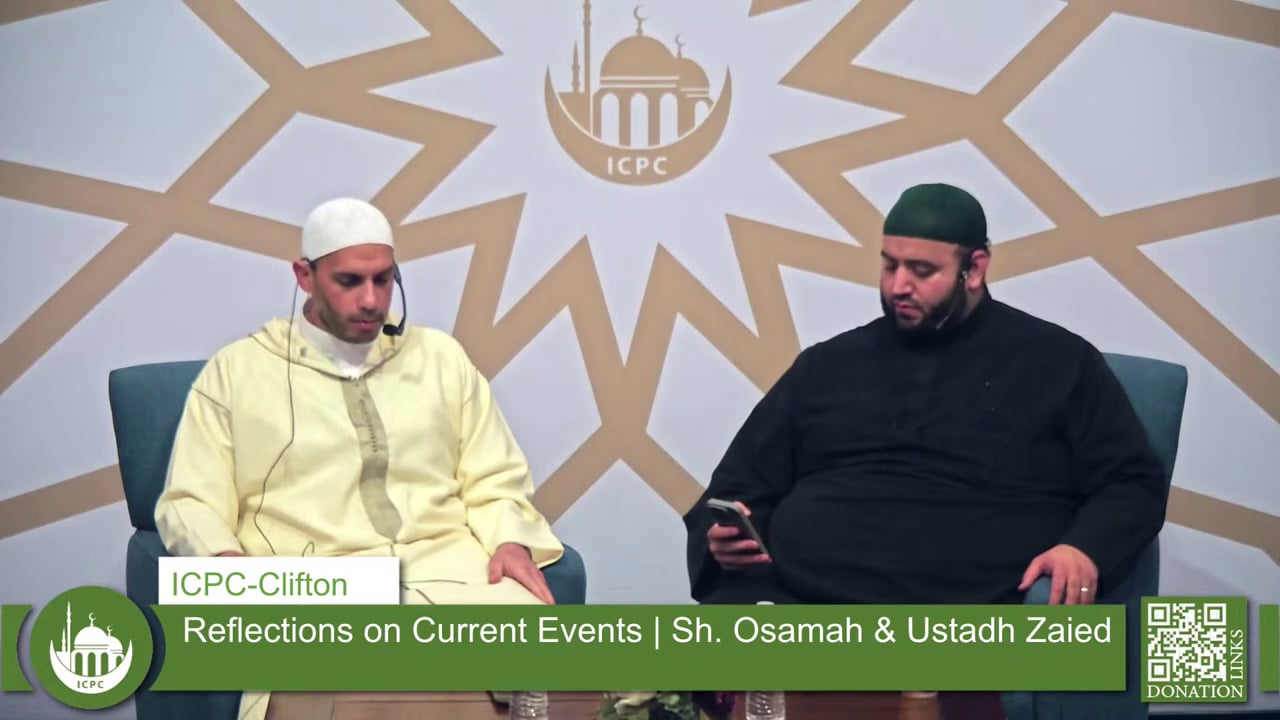
Following are excerpts from an interview with Iraqi Prime Minister Nuri Al-Maliki, which aired on Al-Arabiya TV on January 9, 2007.
Interviewer: Why did you hasten to execute Saddam Hussein?
Nuri Al-Maliki: The conditions in the country, the widespread rumors, and the confusion that might have occurred if something had happened regarding the execution of Saddam - all of these required us to settle the issue and to put an end to this man, who brought about civil strife in life as well as in death.
The haste was due to the security situation, and for no other purpose. It was intended to reassure the families of the victims and the martyrs that the statements of some of the defense lawyers and politicians about a deal or agreement between a certain country and Saddam, or between the Iraqi government and another country, and so on – and you have undoubtedly heard many claims, which have caused confusion among the people, and almost led to an unacceptable consequence... Therefore, the haste was meant to help control the security situation, and to generate stability, and to reassure the families of the martyrs, the victims, and all Iraqis, when they see this man getting the punishment he deserves.
[...]
Nuri Al-Maliki: The execution adhered to the constitutional regulations. There was no violation of the constitution in the execution process. The documents authorizing the execution are available, and anybody who wants can see them. Moreover, the execution was carried out in accordance with the court ruling. I find it strange that there was such a fuss, which overshadowed the crimes this man committed for 35 years – as if he became a martyr just because he was filmed. First of all, the lawyers and legal experts cannot find a clause forbidding the filming. Filming [an execution] is not a violation of the law or the constitution. This happens even in Europe, where, when somebody who committed massacres is executed, the victims' relatives are there to curse the perpetrator of the crime. We did not do this, and we did not humiliate the man. The filming was done in two ways: One was by the government, and this was the footage shown on TV, in order to reassure the people that the execution was carried out. The second type of filming was, indeed, a violation. We were not at all pleased about this, and therefore, we established a committee of inquiry, we arrested people, and investigated, and whoever filmed [the execution] or shouted cries will be punished. But this is an isolated incident, which was not politically motivated or planned, and it is totally unacceptable to us. We took a normal course of action, both in the trial and in the execution of Saddam, in order to show the world that we do not behave like Saddam behaved towards people he sent to the gallows. We’ve shown we adhere to the constitution, its mechanism, and its constraints, and that we are committed to values, because when [his body] was brought before us, I gave the order to wash him, shroud him, and respect him. His [body] was not harmed, and even his relatives, who came to claim his body, attested to this.














